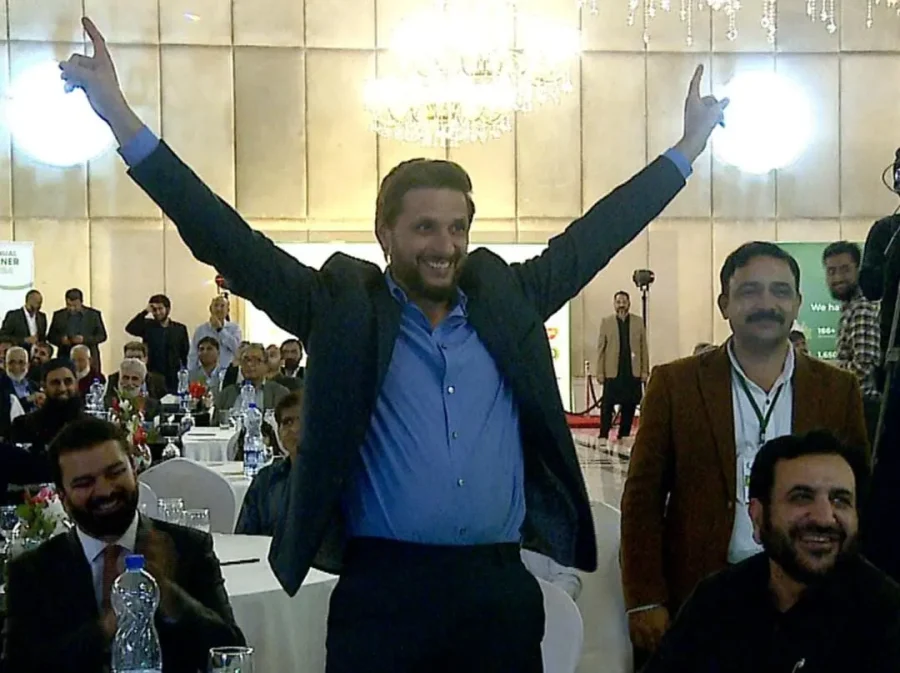The chiefs of non-profits ShahidAfridi Foundation (SAF) and Green Crescent Trust (GCT) have offered to the new federal and provincial governments in the country to fully assist in the formation of a mechanism to ensure maximum accountability and transparency in spending the massive budgets for school education. SAF Chairman, ShahidAfridi, and GCT CEO, ZahidAfridi, extended this joint offer to new governments formed in the centre and provinces after the 2024 general polls while speaking at the joint SAF-GCT fundraiser. Both were of the consensus view that greater accountability and transparency in spending education budgets of federal and provincial governments could turn around the lives of millions of underprivileged students enrolled in government schools.”Every year billions of rupees are spent on running government schools with very unsatisfactory output as the enrolled students from deprived communities don’t get quality education,” said GCT CEO ZahidSaeed.
He said the government schooling system in Sindh spent around Rs 4,000 per month to educate each of its students. “Whereas merely Rs 1,500 are spent on a student enrolled in the charitable schools jointly run by the SAF and GCT,” he said. He said that despite this decreased spending up to 60 per cent of the students who passed out from these charitable schools obtained A-1 grades in matriculation examinations.“We have created this low-cost model for running a quality schooling system and we are fully ready to replicate the same for the federal and provincial governments to transform their schools,” he said.
He told the audience that with the active support of the concerned philanthropists and donors, the SAF and GCT through a network of charitable schools in Sindh had been transforming the lives of 35,000 children from impoverished families.He said the GCT was well on track to expand the number of its charitable schools in Sindh to 250 having the combined capacity to enrol 100,000 children from needy families by the end of 2025.
ShahidAfridi, reiterated the resolve of his non-profit to fulfill the basic needs of the underprivileged communities in the remotest parts of the country where other NGOs generally don’t serve due to lack of resources.










